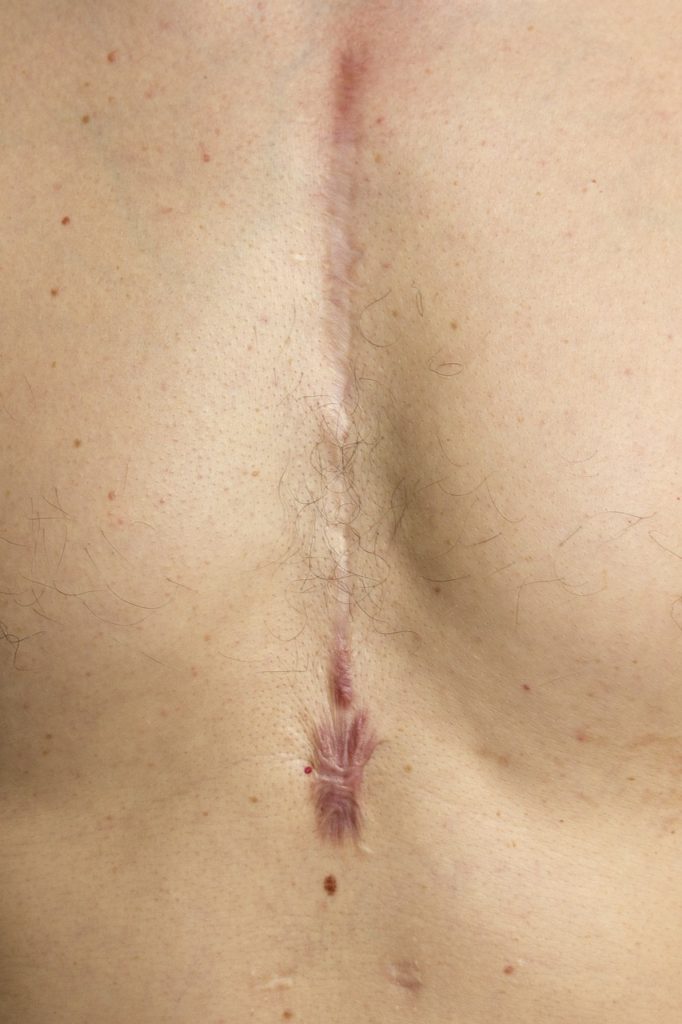
Roux-en-Y gastric bypass, a type of weight-loss surgery, kept type 2 diabetes in remission for up to 15 years and most of the weight off for up to 20 years in one of the largest long-term studies of patients undergoing the procedure. The study* was presented today at the American Society for Metabolic and Bariatric Surgery (ASMBS) 2024 Annual Scientific Meeting.
Researchers from Geisinger Medical Center in Danville, PA, analyzed diabetes remission rates and weight-loss outcomes of 2,045 patients who had a gastric bypass at their centre between 2001 and 2008 and followed them for up to 20 years. Before surgery, patients, on average, were 46 years old with a body mass index (BMI) of 47.9.
Of the 677 patients with pre-operative diabetes, remission rates were 54% at the three-year mark but dropped to 38% after 15 years. Only about 10% of patients with insulin-dependent diabetes had remission in the same timeframe, and the rate of persistent diabetes was higher in patients who had insulin-treated diabetes before surgery.
After 18 months, peak weight loss of 31.8% was achieved, stabilizing at 23% after 10 years and up to the 20-year mark. The overall 15-year mortality rate was 13.3%, which was 37.4% among patients with diabetes and older than 60. No deaths were related to the surgical procedure itself.
“With the availability of medical and endoscopic therapies, the demonstration of the long-term effectiveness of gastric bypass that exceeds that of these alternatives is critical to providing the right intervention for the right patient at the right time,” said study author Anthony T. Petrick, MD, FACS, Director, Division of Bariatric and Foregut Surgery, Geisinger Health System.
The ASMBS reports that nearly 280,000 metabolic and bariatric procedures were performed in 2022, representing only about 1% of those who meet eligibility requirements based on BMI.
“The study is an important contribution to the current understanding of long-term outcomes of gastric bypass because of the extremely high follow-up rates,” said Marina Kurian, MD, ASMBS President, who was not involved in the study.
According to the U.S. Centers for Disease Control and Prevention (CDC), obesity affects 42.4% of Americans. Studies show the disease can weaken or impair the body’s immune system and cause chronic inflammation, and increase the risk of many other diseases and conditions including cardiovascular disease, stroke, type 2 diabetes, and certain cancers.
About Weight-Loss Surgery
